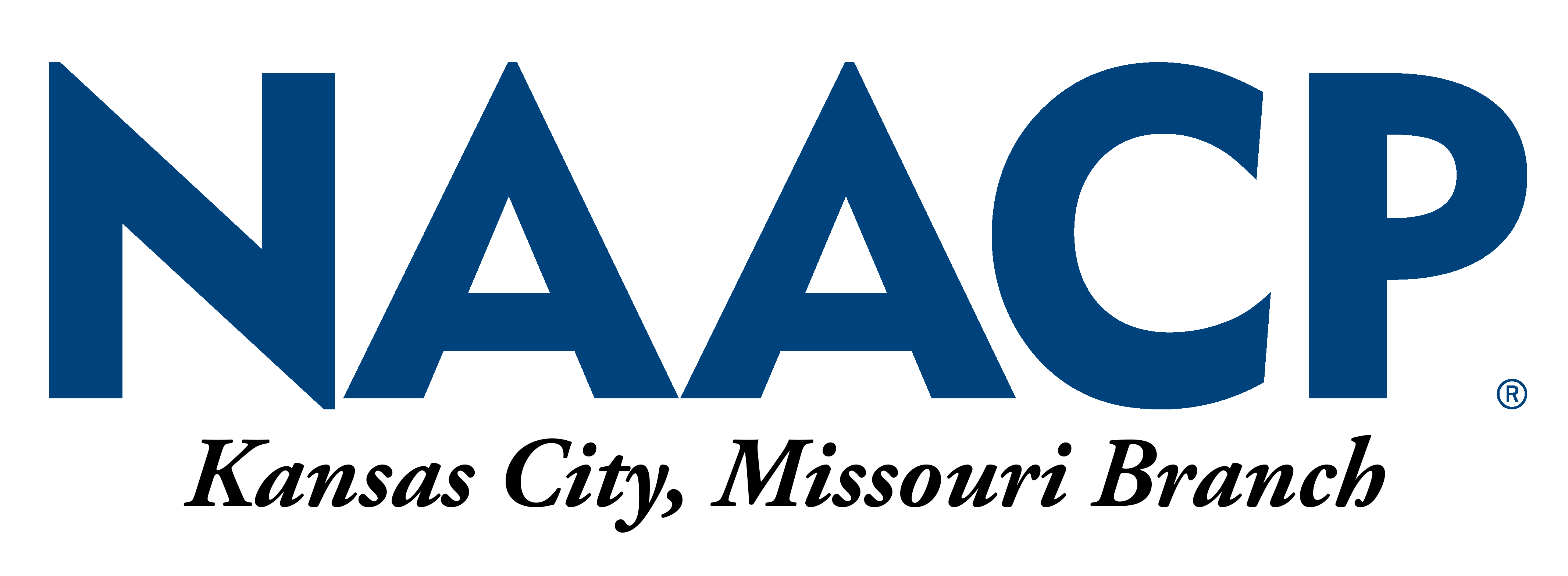
ABOUT US

Communications, Press and Publicity
The Committee on Communications, Press and Publicity shall: (1) seek to promote media content consistent with fundamental NAACP goals which include the elimination of racial isolation and fear and the furtherance of multiracial and cultural understanding; (2) work to eliminate employment segregation and discrimination in those industries, [comprising the communications arts and sciences] (radio, telephone, television, motion pictures, newspapers, books, related computer communications, business, cable television); (3) seek to ensure Black minority ownership and control of print and electronic media — both hardware and software; (4) monitor local and national media, especially advertising performance; (5) provide the National Office with research and data on those local businesses engaged in communications arts and sciences; (6) seek to ensure that all people have a meaningful right to choose from and have access to a variety of high quality telecommunications goods and services at reasonable cost; (7) endeavor to secure publicity for the work of the Unit and the Association in the local press and on radio, television and other media; (8) attempt to interest persons in charge of local news media on conditions affecting minority groups; (9) seek to counteract derogatory and erroneous statements in local news media about Blacks and other minority groups; (10) be responsible for forwarding to THE CRISIS items covering Unit activities and important local affairs; and (11) act as far as possible as an agency for the promotion and sale of THE CRISIS. No publicity shall be released without first being approved by the President of the Unit.

Community Coordination
The Committee on Community Coordination shall enlist the support of other community organizations on issues affecting the interests of African Americans and other communities of color.

Criminal Justice
The Committee on Criminal Justice shall: (1) seek to eliminate harsh and unfair sentencing practices that are responsible for mass incarceration and racial disparities in the prison system, (2) support and seek to increase trust and public safety by advancing effective law enforcement practices, (3) fight for the restoration of the voting rights of formerly incarcerated people and the removal of barriers to employment, (4) elevate the voices of crime victim survivors in order to identify and advance systemic breakdowns existing in the criminal justice system that perpetuate crime, (5) resolve to end the war on drugs for its disproportionate collateral consequences harm communities of color, (6) seek the institution and availability of alternatives to incarceration including education, employment, and mental health services, (7) eliminate zero tolerance policies implemented in our schools which are keeping kids out of the classroom and putting them on a path from the schoolhouse to the jailhouse, (8) investigate programs implemented in our local law enforcement agencies which derail from their main purpose of safety and order to conduct the work of federal agencies for which they do not have the capacity, and (9) seek budget modifications in states where incarceration receives more funding than education.

Economic Development
The Committee on Economic Development shall implement local efforts and support national programs to preserve and expand economic empowerment among African-Americans and other communities of color by: (1) researching and establishing relationships with private and public entities; (2) supporting the work of the National Office in monitoring the progress and activity of private and public entities designated by national programs; and (3) implementing local efforts to promote the growth of business ownership; (4) increasing employment and job creation; and (5) encouraging business development and home ownership.

Education
The Committee on Education shall: (1) seek to eliminate segregation and other discriminatory practices in public education; (2) study local educational conditions affecting minority groups; (3) investigate the public school system and school zoning; (4) familiarize itself with textbook material there from which is racially derogatory; (5) seek to stimulate school attendance; (6) keep informed of school conditions and strive to correct abuses where found; (7) investigate the effects of standardized and high stakes testing practices; (8) teacher certification; (9) promote parental involvement in education; and (10) aim to be a center of popular education on the race question and on the work of the Association.

Housing
The Committee on Housing shall: (1) study housing conditions in the local community; (2) receive and seek to address complaints of discrimination; (3) oppose all restrictive practices whether public or private; and (4) disseminate information and render such other assistance which may eliminate discrimination in housing.

Labor and Industry
The Labor and Industry Committee shall seek ways to improve the economic status of minority groups by: (1) working to eliminate discriminatory employment practices in industry and government, wage differentials based on race, unequal opportunities for training, promotion and unfair dismissals; (2) encouraging greater participation in the trade union movement; (3) working to end discriminatory practices in labor unions; (4) securing the enactment of state and federal fair employment practices legislation; and (5) working for improved opportunities in vocational and apprenticeship training.

Legal Redress
The Legal Redress Committee shall: (1) investigate all cases reported to it; (2) supervise all litigation in which the Unit is interested; and (3) keep the National Office and the Branch informed on the progress of every case. It shall not give general legal advice.

Membership and Life Membership
The Membership Committee shall: (1) work throughout the year to maintain and increase the membership of the Association; (2) be responsible for planning and organizing the annual membership campaign; (3) be responsible on a continuous basis for soliciting new members and for securing renewals; and (4) initiate all possible means to obtain Life Members and sponsor a continuing program towards this end.

Political Action
The Political Action Committee shall: (1) seek to increase registration and voting; (2) work for the enactment of municipal, state and federal legislation designed to improve the educational, political and economic status of minority groups; (3) seek the repeal of racially discriminatory legislation; (4) work to improve the administration of justice; (5) work to secure equal enforcement of the law; and (6) keep the National Office and the Unit informed of all proposed legislation which affects minority groups. The Committee shall be nonpartisan and shall not endorse candidates for public office

Religious Affairs
The Religious Affairs Committee shall include ministerial and lay religious leaders who are members of the Unit. It shall: (1) promote an educational program designed to give moral and ethical interpretation to the civil rights struggle; (2) interpret the work of the Association to organized religious groups of all faiths; (3) enlist the support of such organized religious groups for membership, fundraising, and the struggle for equality and full civil rights; and (4) provide resource assistance for religious education and social action activities, associated with the improvement of race relations.

Young Adult
The Committee on Young Adult shall consist of Branch members twenty-one (21) - forty (40) years of age. It shall be the function of the Committee to: (1) support all branch activities; (2) stimulate interest through advocacy training and solicit membership of twenty-one (21) — forty (40) years of age; (3) create a mentorship program (Branch to Young Adults and Young Adults to Youth Units) to serve as a support bridge from Youth and College to Branch participation; (4) provide networking and social opportunities for young adults in the local community; and (5) encourage the participation of young adults in all activities and leadership within the Branch.

Women in the NAACP (WIN)
State/State-Area Conferences, Branches, Prison Branches of the Association may organize Women in NAACP (WIN) committees subject to the control of the Executive Committee and to such rules and regulations as the Board of Directors may enact. WIN committees shall consist of a Chairperson and/or Co- Chairperson and at least three (3) other members. WIN shall address within the framework of the NAACP, civil rights issues affecting women and children and shall carry out other civil and cultural activities to enhance membership and provide financial support to the Branch. The purpose WIN is (1) to enhance the leadership role of women; (2) to serve as an advocacy vehicle to address the social, economic, political, educational, health and welfare issues affecting women; (3) to advocate for the emotional, mental, physical and spiritual development of children and (4) to support the policies as well as the on-going mission and vision of the NAACP.




